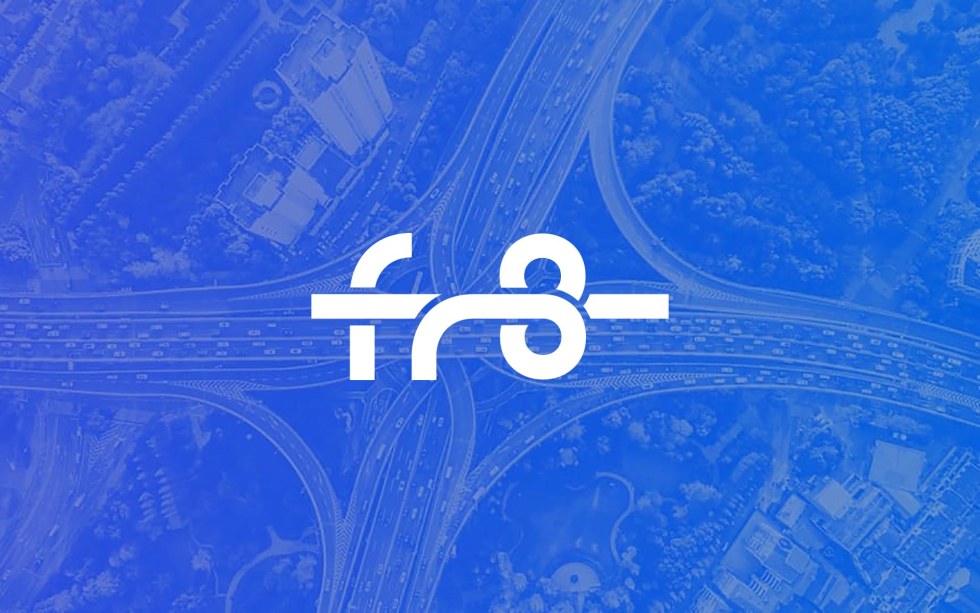Blockchain is now being applied to almost every industry out there, from energy to healthcare to streaming video. And many companies are now exploring its applications to one of our most important sectors: the food supply chain. Here are a few ways companies are exploring blockchain’s potential for securing this vital process, and a look at Fr8 Network, a new blockchain company that’s going to secure the freight portion of the producer-to-consumer food journey.
Tracking Origins
Consumers now care about where their food came from in a way they never have before. A recent Nielsen study found that 75% of food consumers across the globe listed national origin as equally or more important than other factors such as quality and price. The local food movement emerged in part out of consumer desire to know exactly where their food comes from–if it’s grown on a farm two counties over, they could even visit the growing site themselves.
Environmental concerns, desire to help a specific local or national economy, and concerns about quality are all reasons for consumers to care about where their food comes from. Food safety is another serious one. A 2011 outbreak of Listeria that affected people across 28 states, eventually resulting in 33 deaths, was eventually traced to cantaloupes grown on one farm in Colorado.
Knowing a food’s origins and its path to the consumer makes it easier to identify the source of contamination or illness introduced into the supply chain. The same principle applies to less deadly but still exploitative food production practices, such as food adulteration (e.g. mixing wood pulp in with parmesan cheese) and mislabelling (e.g. selling horse meat as beef).
Blockchain is an ideal tool for supply chain management. As an item makes its way through a chain of custody that includes producers, packagers, transporters, retailers, and others (often spread across multiple states or even multiple countries), an associated blockchain ledger can serve as an immutable recording of every step of the product’s journey.
Carrefour SA, a major European grocery chain, now uses blockchain to help its customers identify the origins of meat products in their store. Their goal is not just to appeal to farm-to-table foodies, but to include the customer in a supply-chain-wide effort to stamp out mislabelling, contamination, and other food safety issues.
Managing Waste
Many casual news readers might know that food waste is a problem in America, but they still might be shocked to learn that problem’s magnitude. Roughly 50% of all produce grown in the U.S. is thrown away. Wasted food is the single biggest component of American landfills.
There are a complex array of reasons for Americans’ high food waste figures, from social beliefs about how food should look (many consumers won’t buy a bruised but perfectly nutritious apple) to logistical failures when food spoils during transport to economic misfires when supply for a certain type of food exceeds demand. The food industry, particularly for carbon-intensive products such as beef, has a high environmental footprint, and food waste increases its impact without actually feeding anyone.
Blockchain’s ability to provide a transparent supply chain extends to logistical applications for preventing food waste. Data on blockchain-tracked food that makes it to consumers versus blockchain-tracked food that spoils or gets thrown out can help producers and logistics partners identify weak points in the supply chain. Blockchain can be used to cut out some of the middlemen who may contribute to food waste in the first place. Russian startup INS Ecosystem, for example, uses blockchain tokens to help food producers and manufacturers connect directly with consumers and incentivize the purchase of food that would otherwise be wasted.
Fr8 Network and Freight Solutions
The freight industry is a huge part of the American food economy. Virtually all food available at chain grocery stores, for example, is brought there by truck. Outside of extremely local food systems such as local farmer markets, most food sold in the U.S. is involved in the freight system at one point or another.
Unfortunately, the freight system is also part of the food industry’s woes. In developing countries, about 40% of food loss thanks to damage or spoilage occurs post-harvesting and processing, at later points in the supply chain. More robust technological infrastructure means that less food is wasted pre-consumer exposure in industrialized countries, but problems still exist that contribute both to outright food spoilage and aesthetic damage to food that results in consumer rejection. A 2014 overview of supply chains for perishable food products identified weaknesses in transportation, concluding that “correct temperature management is a basic requirement that is often not met in practice.”
Fr8 Network is launching a platform to bring blockchain-based efficiency to the trucking industry. Shippers and carriers use Fr8 Tokens to access a job board, where a bidirectional mapping engine helps carriers find a load for every leg of their journey. By reducing “empty miles,” this system lowers the carbon footprint of the food industry.
Fr8’s job board relies heavily on reputation. Shippers and carriers who cause delays and inefficiencies that generate food waste, such as overly long waiting times at loading docks, receive lower ratings. Blockchain ledgers similarly allow accountability a clear supply chain for shipped food.
Smart contracts built into Fr8 tokens can be used to incorporate temperature monitoring into shipping agreements. Temperature monitoring could be carried out and communicated to shipping partners automatically through IoT devices. As Fr8 expands, it plans on offering more and more developer tools to help secure and improve the freight portion of the food supply chain.
Images courtesy of Fr8, Shutterstock
